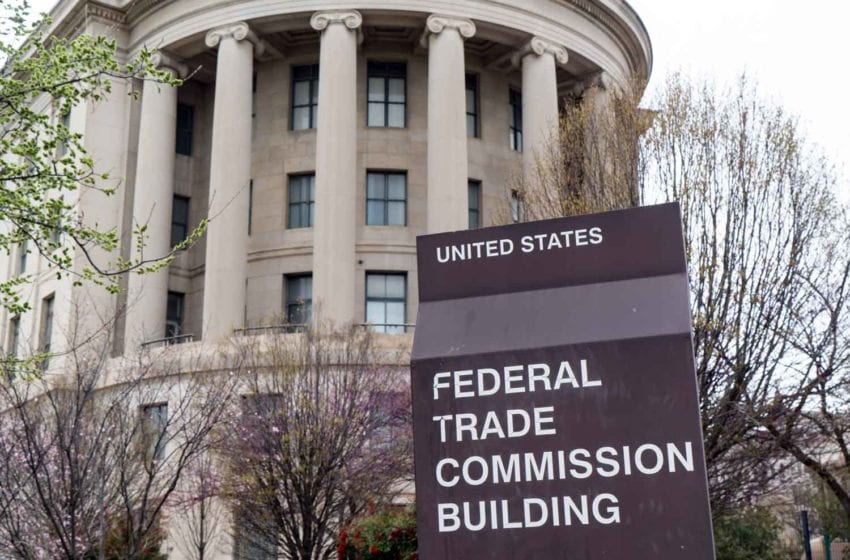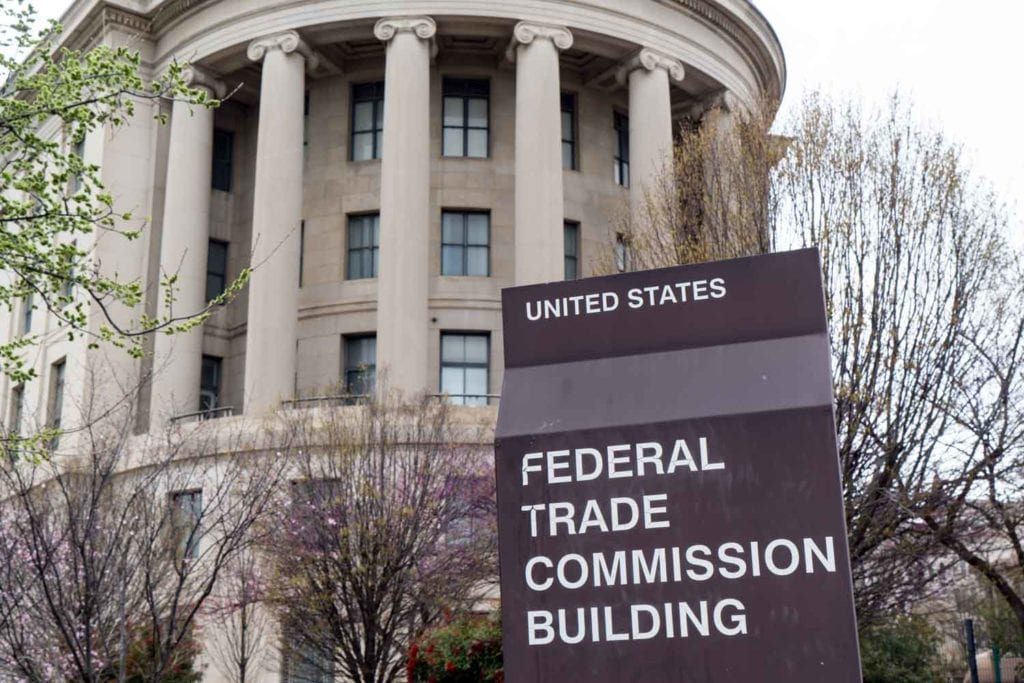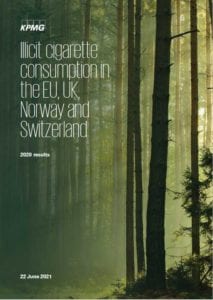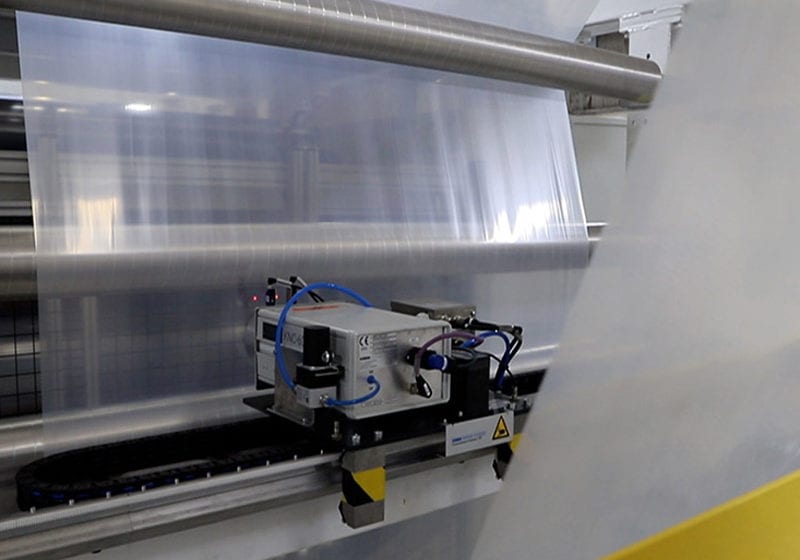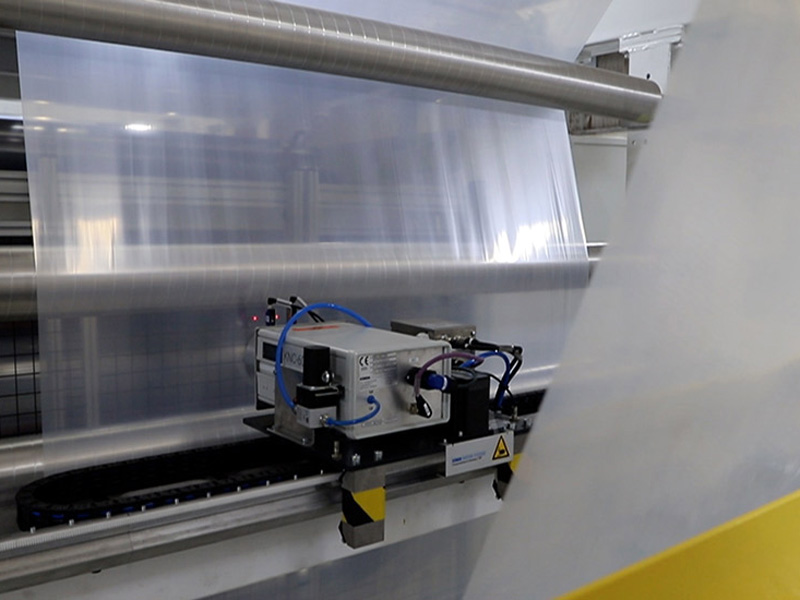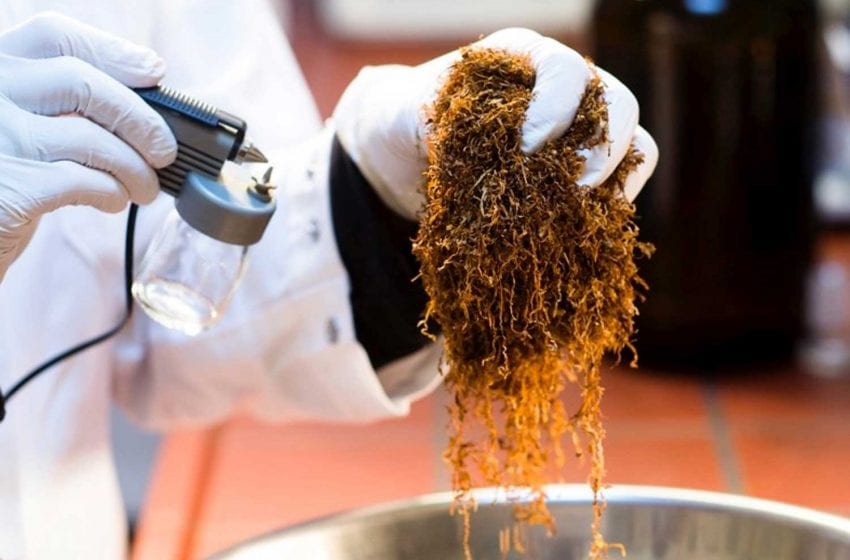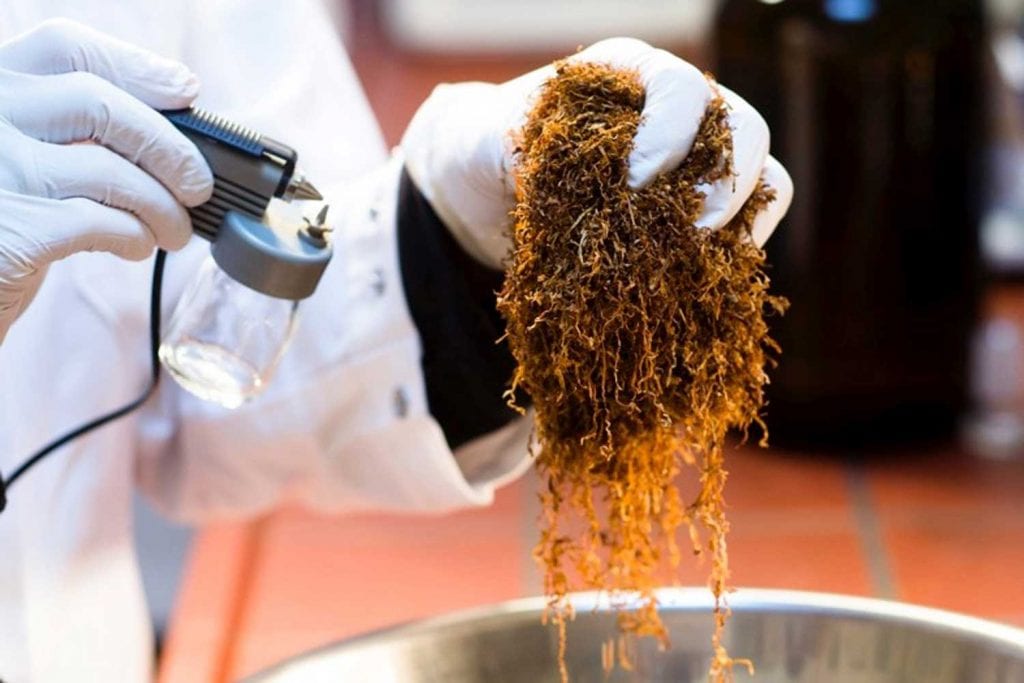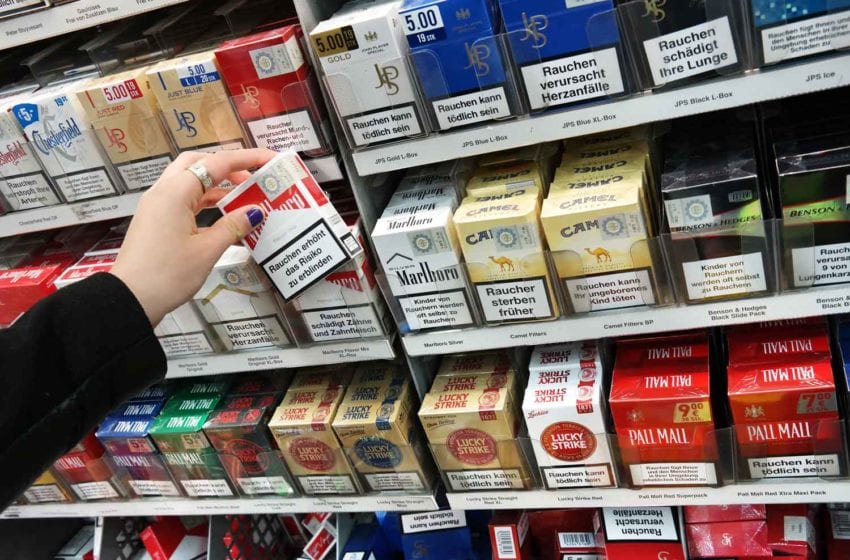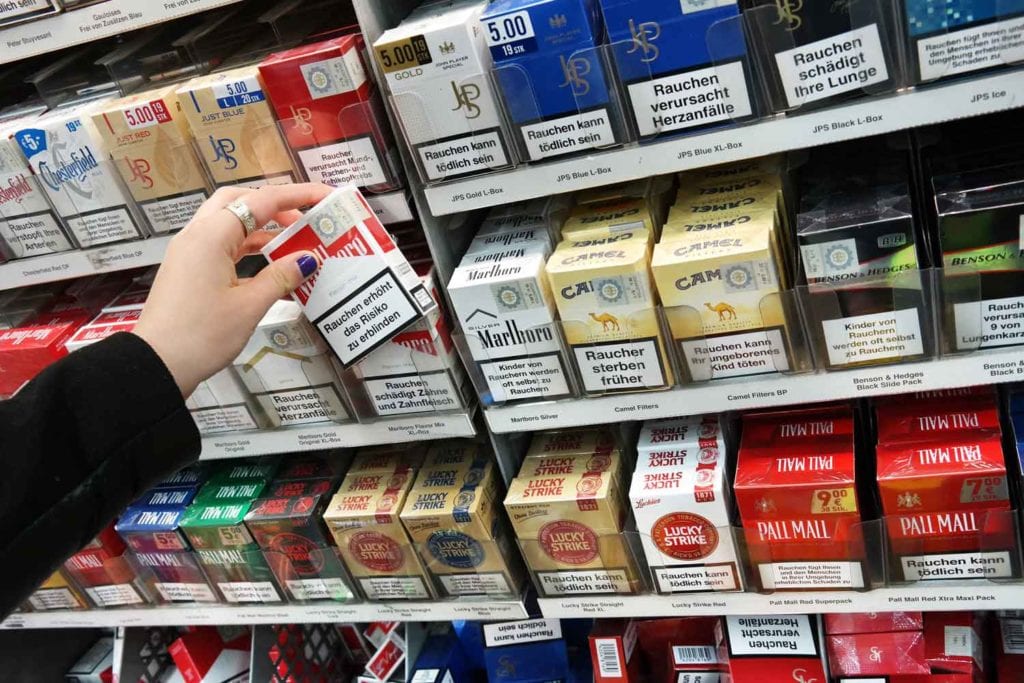
The U.K. Vaping Industry Association (UKVIA) has welcomed the publication of draft guidance by the government’s top health advisory body to support health workers in helping smokers transition successfully to vaping.
The National Institute for Health and Care Excellence (NICE) has published draft guideline recommendations, currently out for consultation, which make the case for healthcare workers to inform patients where they can find vaping products, proactively promote the fact that vape products are substantially less harmful than conventional cigarettes and provide advice on how to use vape devices correctly.
This announcement follows fast on the heels of National Health Service (NHS) trials that were announced recently, whereby vaping devices are given to smokers in A&E departments. These are already under way in some NHS hospitals in England and Wales.
These developments coincide with a new campaign being planned by the UKVIA to support frontline workers in helping smokers successfully quit smoking using vaping through the advice they give.
“It’s great to see that the NHS is embracing the huge public health potential of vaping,” said John Dunne, director general of the UKVIA, in a statement. “Pro-vaping actions such as NICE’s draft guideline recommendations and the NHS trials are key to ensuring the government meets its target for a smoke-free Britain.
“Our own campaign, which we will be launching in July, will provide a much-needed resource to help frontline healthcare staff give the right advice to smokers on how best to quit using vaping.
“A one-size-[fits]-all approach is not the way to maximize quit rates amongst smokers from taking up vaping. It depends on their level of smoking, which in turn determines the flavors, nicotine levels and devices that they should be using. We are using the many years of experience amongst our members to equip the NHS with advice that is proven to get results.”





